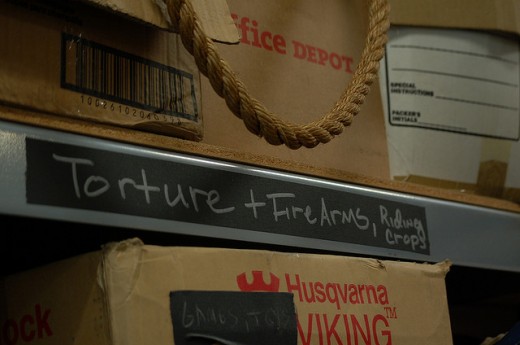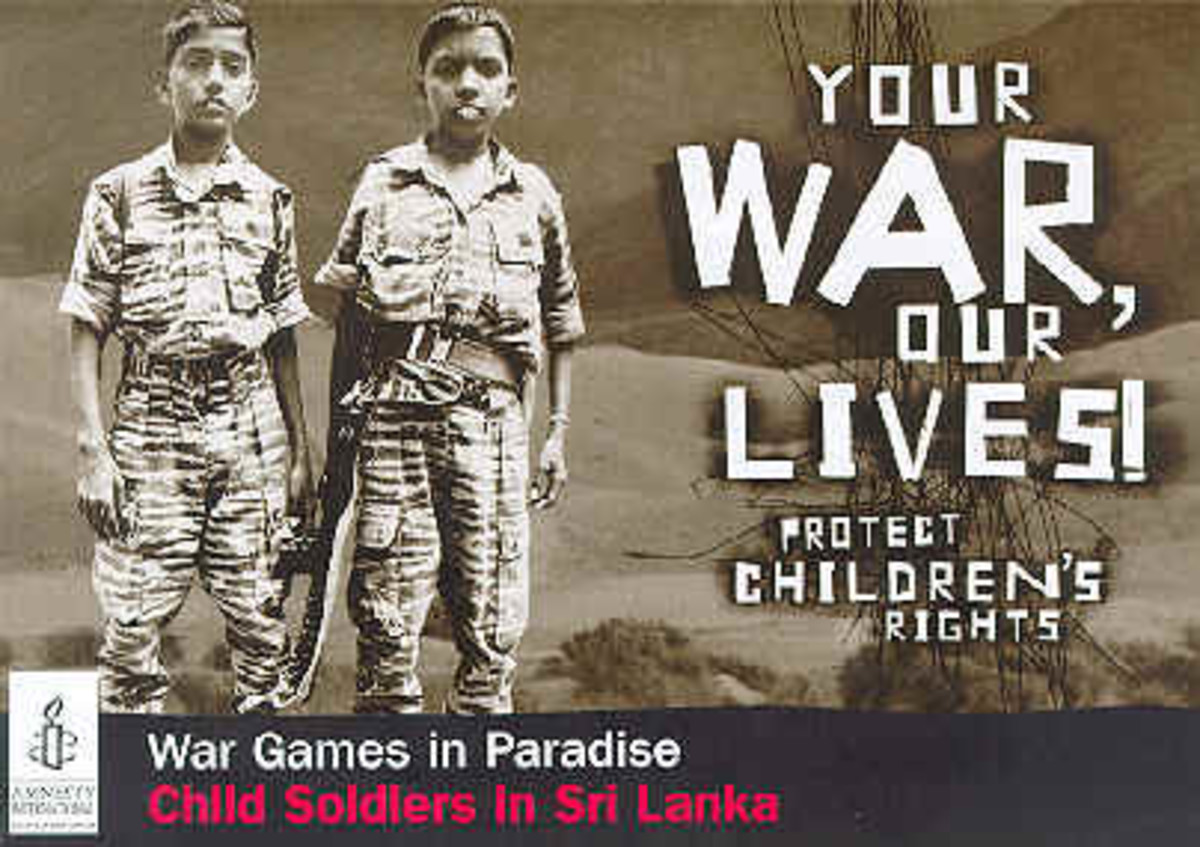The History of Terrorism and Torture in Israel

Why This is a Case of Challenged Modernity.
In the 1980s, the Israeli government passed a resolution to use moderate physical pressure in its interrogation of terrorism prisoners. However, soon there were reports that the interrogating agencies were frequently exceeding the ‘moderate’ standards agreed upon. In an article that appeared in the New York Times in April 2009, Philip Zelikow who was a former Bush department official wrote opposing torture. He blamed Britain and Israel as nations that had over time developed and matured in the use of painful interrogation tactics. Note here that terrorism, unlike the conventional wars that nations were used to in history, does not follow conventional rules of war. That has posed a major challenge to the modern democratic states that are concerned with legitimacy. This is the predicament that Israel as well as other countries like the US have often found themselves in. The terrorism that is seen in the world today is one that employs bloody tactics and has no value for human life whatsoever. In a court ruling by Aharon Barak in the Israeli Supreme Court, torture was declared an illegality. In the judgment, the judge declared that no government official had the right to authorize the use of torture. But in defense of Israel’s use of torture, a commentator in the Huffington Post cited the fact the court did leave a loophole where officials could use the defense of necessity. That loophole soon became the norm and Israel has frequently been on the spot in the use of torture during interrogation.

Can Israel Claim Innocence?
Indications are that after the court ruling that barred torture in Israel, there was a sharp decline in its use. Observers however argue that this allowed terror groups to recruit more suicide bombers than before. When that happens, the last resort is to use any means possible to deal with terrorists. That is the position that Israel has found itself in on many occasions. The Israeli situation has made some who initially opposed torture to think otherwise. Of course, no one says that torture is now the way to go, but a lesser number of people oppose it. This view (That torture may be an effective tool of last resort), got enforced especially after 9/11. It is not a wonder then that a United States University professor wrote a book calling for the partial legalization of torture. For many right now, the only way to deal with terrorism is by the use of hardliner counter-terrorism tactics. However, this often results in a spiral of terrorism and counter-terrorism that never ends. This poses many questions and headaches to the makers of international policies. How can nations fight unconventional, bloody terrorism with conventional laws and means? The use of tough interrogation techniques by nations that formally did not embrace them portrays a desire to deal with terrorism on the same vain that it is offered. Terrorism has thrived exceedingly among many Islamic fundamentalist groups due to the success that it offers to them. In the middle of the tactics they employ is the use of suicide bombing. Israel alone has suffered close to seventy suicide bombs between the years 2000 and 2006. This has left the nation with very few options in the fight against the terror groups.

Should Torture then be Legalized?
There is no simple answer to this question, even in the case of Israel. The law is uncompromising about the legality of torture. Even in International Laws, it is prohibited. That is a situation that even president Obama acknowledges. In a speech that he once made, he said that terrorism is a difficult issue for every country to handle, and especially so for democratic states. According to him, the means that would be effectively used to deal with it are not always legal. It is to be acknowledged that the law prohibits the use of torture on a terrorism suspect even if that means saving millions of lives from imminent attack. The debate continues to elicit various views; this is partially because torture is no longer viewed the same way it was viewed a few years ago.








